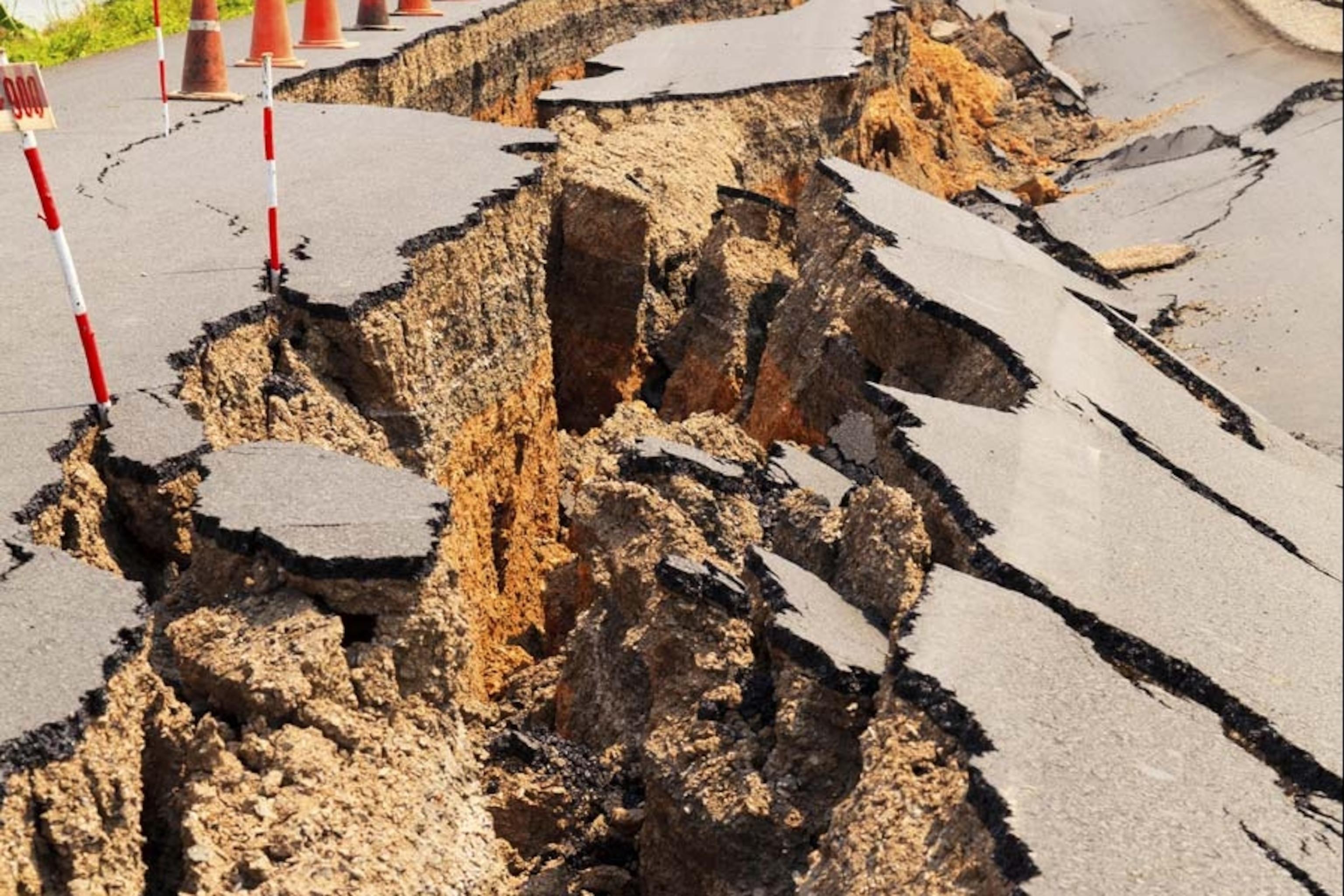
Yesterday, a series of powerful earthquakes struck various parts of the world, leaving a trail of destruction and chaos in their wake. As the earthquake news spreads like wildfire, people are scrambling too get the latest updates on the earthquake damage and affected areas. In this article, we will provide you with a extensive overview of the situation, including the latest earthquake updates, earthquake safety tips, and facts on how to help those in need.
Introduction to Earthquakes
Before we dive into the latest updates, let’s take a brief look at what causes earthquakes and why they are so destructive. Earthquakes are natural disasters that occur when there is a sudden release of energy in the earth’s crust,frequently enough consequently of tectonic plate movement. This energy release creates seismic waves that can cause widespread earthquake damage to buildings, infrastructure, and the habitat. The earthquake magnitude is measured on the Richter scale, with higher numbers indicating greater destruction.
Latest earthquake Updates
According to the United States Geological Survey (USGS), several important earthquakes occurred yesterday, with the following being the most notable:
- A 7.5-magnitude earthquake struck the coast of Japan, causing widespread earthquake damage and triggering a tsunami warning.
- A 6.8-magnitude earthquake hit the Philippines, resulting in earthquake-related injuries and property damage.
- A 5.5-magnitude earthquake occurred in California,USA,causing minor earthquake damage and disrupting daily life.
These earthquakes have left thousands of people displaced and in need of emergency assistance. the full extent of the earthquake damage is still being assessed, but it is clear that the affected areas will need significant support in the coming weeks and months.
Affected Areas and Earthquake Damage
The affected areas are struggling to cope with the aftermath of the earthquakes. The earthquake damage is extensive, with reports of:
- Collapsed buildings and infrastructure damage
- Power outages and interaction disruptions
- Displaced persons and homelessness
- Environmental damage and wildlife disruption
The following table provides a summary of the affected areas and the extent of the earthquake damage:
| Location | Earthquake Magnitude | Earthquake Damage |
|---|---|---|
| Japan | 7.5 | Widespread damage, tsunami warning |
| Philippines | 6.8 | |
| california, USA | 5.5 | Minor damage, daily life disrupted |
Earthquake Safety Tips and Preparedness
In the event of an earthquake, it is indeed essential to know what to do to stay safe. Here are some earthquake safety tips to help you prepare:
- Drop, Cover, and Hold On: instantly drop to the ground, take cover under a sturdy piece of furniture, and hold onto it to protect yourself from falling debris
- Evacuate the area: if you are in a coastal area, move to higher ground in case of a tsunami warning
- stay informed: keep a battery-powered radio and flashlight with you, and stay tuned to local news and emergency alerts
- Have a emergency plan: make sure you have a plan in place, including a safe meeting point and contact information for family members
benefits and Practical Tips for Earthquake Relief
In the aftermath of an earthquake, it is crucial to provide support to those affected. Here are some practical tips for earthquake relief:
- Donate to reputable organizations: consider donating to organizations like the Red Cross or UNICEF, which provide critical support to affected communities
- Volunteer your time: if you are able, volunteer your time to help with relief efforts, such as search and rescue operations or providing food and shelter to those in need
- Spread awareness: share information about the earthquake and its impact on social media, and encourage others to get involved in relief efforts
Case Studies: Successful Earthquake Relief Efforts
There have been several successful earthquake relief efforts in recent years. Such as:
- 2010 Haiti earthquake: the international community came together to provide significant support to Haiti, including emergency aid and reconstruction efforts
- 2011 Japan earthquake and tsunami: Japan received widespread support, including financial aid and humanitarian assistance, which helped the country recover from the disaster
Conclusion
the earthquakes that struck yesterday have left a trail of destruction and chaos in their wake. It is essential to stay informed about the latest updates and to take necesary precautions to stay safe. By providing support to those affected and spreading awareness about the importance of earthquake preparedness, we can help mitigate the impact of these disasters and build more resilient communities. Remember to stay safe, and let’s work together to support those in need.



